Aviation turbine oil is a specialized aviation lubricant designed for use in aircraft turbine engines. It ensures smooth engine operation by reducing friction, cooling the engine, and preventing corrosion under extreme conditions. Below are some turbine oils that can used in aviation:
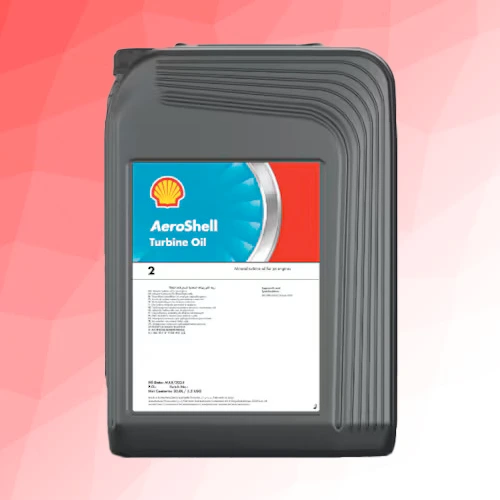
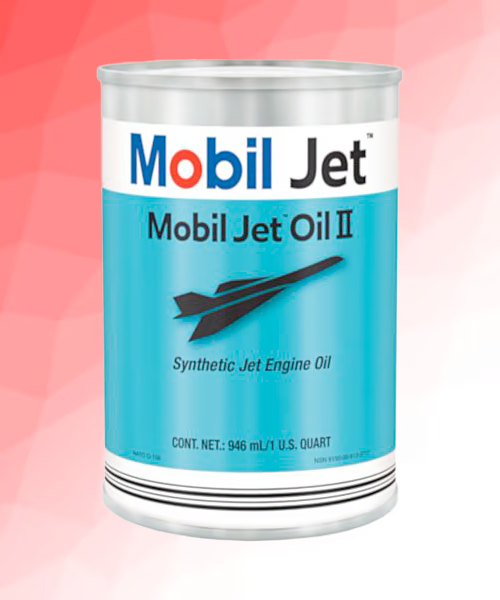

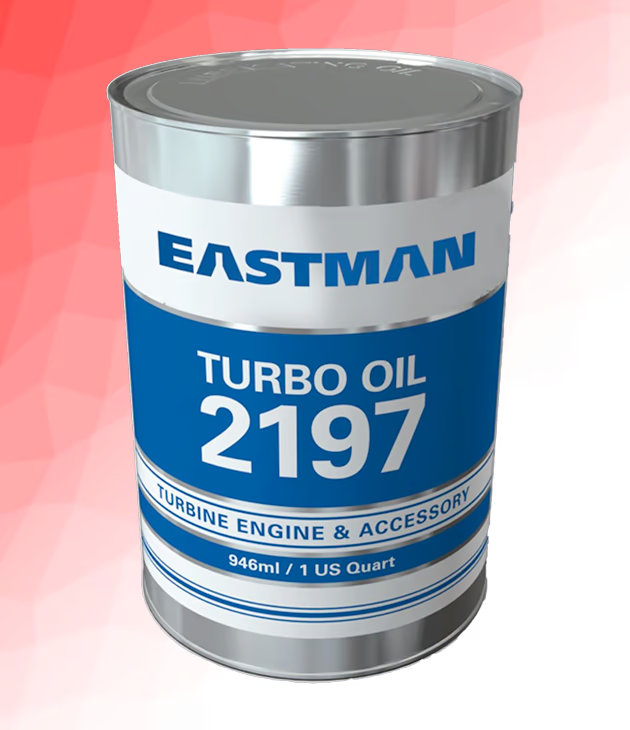
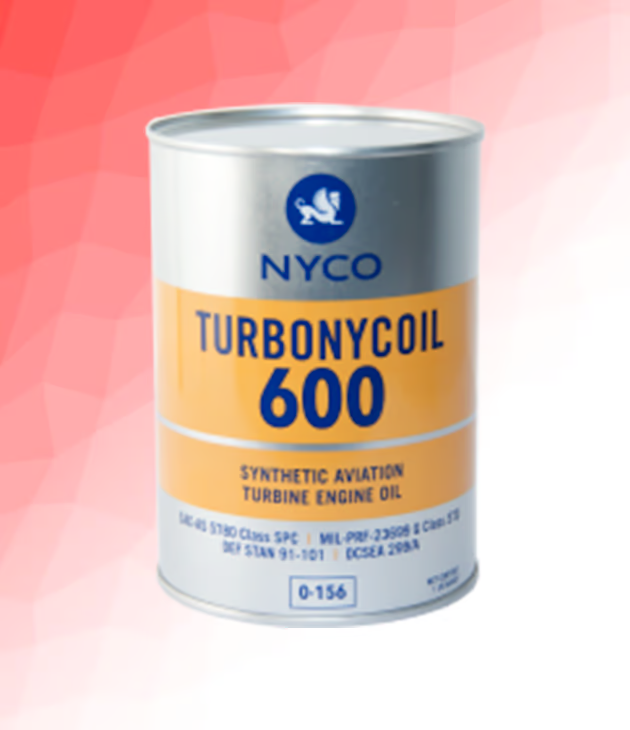

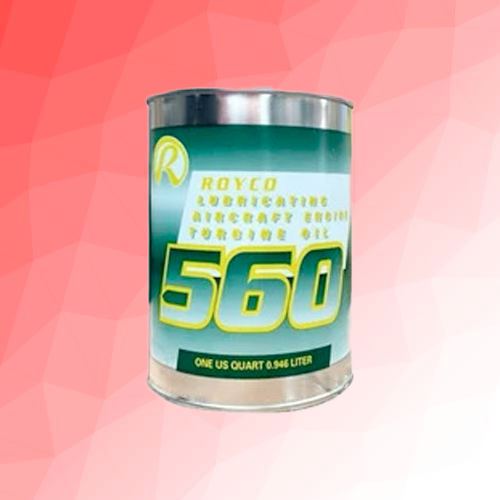

Turbine oil is used in turbine engines such as those in power plants, aircraft, and ships. It is also used in industrial turbines, hydraulic systems, and other machinery that require high-performance lubrication to reduce wear and heat.
Turbine oil is designed for use in turbine engines, providing lubrication, cooling, and corrosion prevention. Hydraulic oil is used in hydraulic systems to transmit power and lubricate components, typically offering different viscosity and chemical properties suited for pressure systems.
The viscosity of turbine oil typically ranges from 2 to 10 cSt (centistokes) at 40°C. The exact viscosity depends on the specific type of turbine oil and its intended application.
AeroShell Turbine Oil 2
AeroShell Turbine Oil 500
AeroShell Turbine Oil 560
AeroShell Turbine Oil 308
AeroShell Turbine Oil 390
AeroShell Turbine Oil 555
AeroShell Turbine Oil 750
AeroShell Ascender
Mobil Jet II
EASTMAN TURBO OIL 2380
EASTMAN TURBO OIL 2197
TURBONYCOIL 600
TURBONYCOIL 640
Lanxess ROYCO 560
Lanxess ROYCO 500
The principle of a turbine is based on converting the energy from fluids (steam, gas, or water) into mechanical energy. As the fluid flows over the turbine blades, it causes them to spin, driving a rotor connected to a generator or mechanical equipment.
Turbine oil is used in various applications, including:
Gas Turbines (Power plants, aircraft engines)
Steam Turbines (Energy production, industrial machinery)
Hydro Turbines (Hydroelectric power generation)
Aero-Derivative Gas Turbines (Industrial and aviation applications)
Turbine oils are specifically designed for high-temperature stability and oxidation resistance, while hydraulic oils focus on anti-wear properties and pressure stability in hydraulic systems.
Enhanced Thermal Stability – Prevents breakdown under extreme temperatures.
Superior Oxidation Resistance – Reduces sludge and varnish formation.
Improved Wear Protection – Ensures longevity of moving parts.
Excellent Corrosion Inhibition – Protects metal components from rust and degradation.
High Load-Carrying Capacity – Withstands heavy operational stress.
Gas Combustion and Combined Cycle Turbine Oil – Designed for power plants with gas turbines.
Steam, Combined Cycle, and Hydro Turbine Oil – Used in industrial and energy applications.
Aviation Turbine Oil – Specifically formulated for aircraft engines.
Environmentally Friendly Turbine Oil – Sustainable alternatives for hydro turbines.
Turbine Oil Varnish Test – Evaluates varnish formation risks.
Endurance & Degradation Control – Tests oil longevity under high stress.
Industry Specifications & Approvals
MIL-PRF-23699
SAE-AS-5780
Regular maintenance ensures turbine efficiency and longevity. Key practices include:
Routine oil analysis – Monitors degradation and contamination.
Proper filtration – Prevents debris buildup.
Scheduled oil changes – Ensures optimal lubrication.
Turbine engine oils are critical for:
Reducing friction and wear
Enhancing thermal stability
Preventing corrosion and oxidation
Ensuring efficient turbine operation
Turbine oils contain carefully selected base oils and additive packages that provide:
Anti-foaming properties – Prevents air bubbles that can impact performance.
High water separation capacity – Reduces water contamination risks.
Anti-corrosion and anti-oxidation properties – Enhances longevity.
Varnish and sludge prevention – Ensures clean operation.
Turbine pressure refers to the pressure of the fluid (steam, gas, or water) entering the turbine. High pressure is applied to the turbine blades, causing them to rotate and generate mechanical power. The pressure is crucial for determining the turbine’s efficiency and performance.
Maintains performance under extreme heat, extending engine lifespan.
Prevents deposits and varnish, ensuring cleaner and more reliable engines.
Reduces wear on engine components, enhancing durability and efficiency.
Protects against corrosion in harsh environments, improving engine life.
Effectively withstands high loads, perfect for high-performance applications.
Turbine oil formula typically includes:
The exact formula varies by manufacturer and turbine type.
Types of turbine oil include:
Turbine oil properties include: